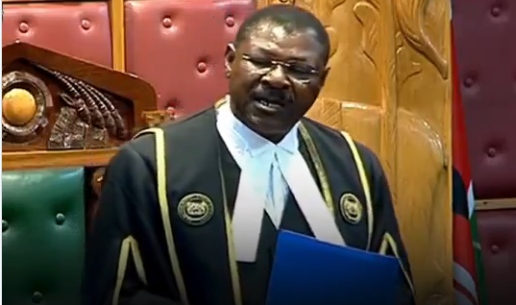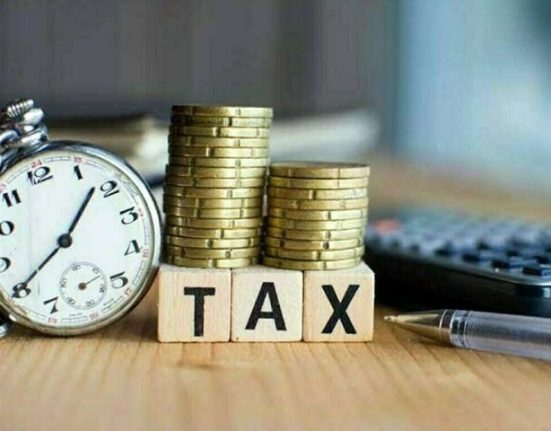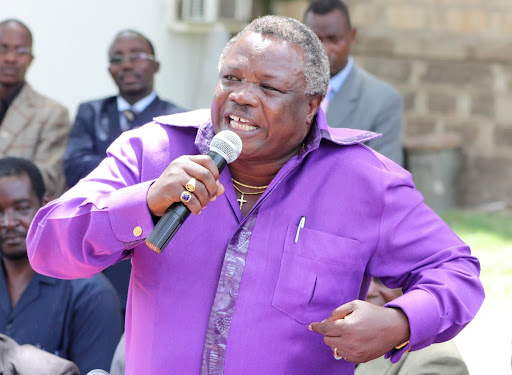Members of the National Assembly during Plenary
National Assembly Speaker Moses Wetang’ula has confirmed
the receipt of the draft Finance Bill, 2025 in Parliament.
The speaker said that the Bill will be committed to the Finance Committee for consideration and public participation.
He called on the MPs to acquaint
themselves with the contents of the tax estimates proposed in the Bill.
“I wish to inform the House that I
have received the draft Finance Bill, 2025 from the Cabinet, which relates to the
revenue-raising measures for the budget submitted,” Wetang’ula said.
“It will be committed to the
departmental Committee on Finance and National Planning for consideration and
public participation upon publication and first reading,” he added.
The speaker said MPs should
ensure their views and those of their electorate are taken into account during
the consideration of the national budget.
While commenting on the draft Bill, Suna East MP Junet Mohamed cautioned Kenyans about a fake version of the Finance Bill doing rounds on social media.
He said that Kenyans have been
discussing the contents of the fake bill and its proposed tax measures.
“We want to tell Kenyans that the
real Finance Bill is with us now, there should be no misinformation,
disinformation and misrepresentation to the public,” Junet said.
He said the Finance Bill, 2025, should be
interpreted in accordance with its contents.
“We have only one Finance Bill in
the House. If you want to import your things into the Finance Bill, do not
mislead Kenyans. Let us tell the public exactly what is in the Finance Bill. If
there are no more taxations, there are no more taxations,” he said.
On Tuesday, the Cabinet approved
the Finance Bill, 2025, whose main focus is on
sealing tax loopholes rather than introducing new taxes.
“The Bill seeks to minimise
tax-raising measures,” read a Cabinet dispatch sent to newsrooms after a meeting chaired by President William Ruto at State House, Nairobi.
Instead, the Cabinet said the government
aims to enhance revenue through administrative efficiency.
Key changes include streamlining
tax refunds, tightening tax dispute laws and amending key tax acts to reduce
evasion.
“Small businesses will be allowed
to deduct the cost of tools and equipment in full in the year of purchase.”






